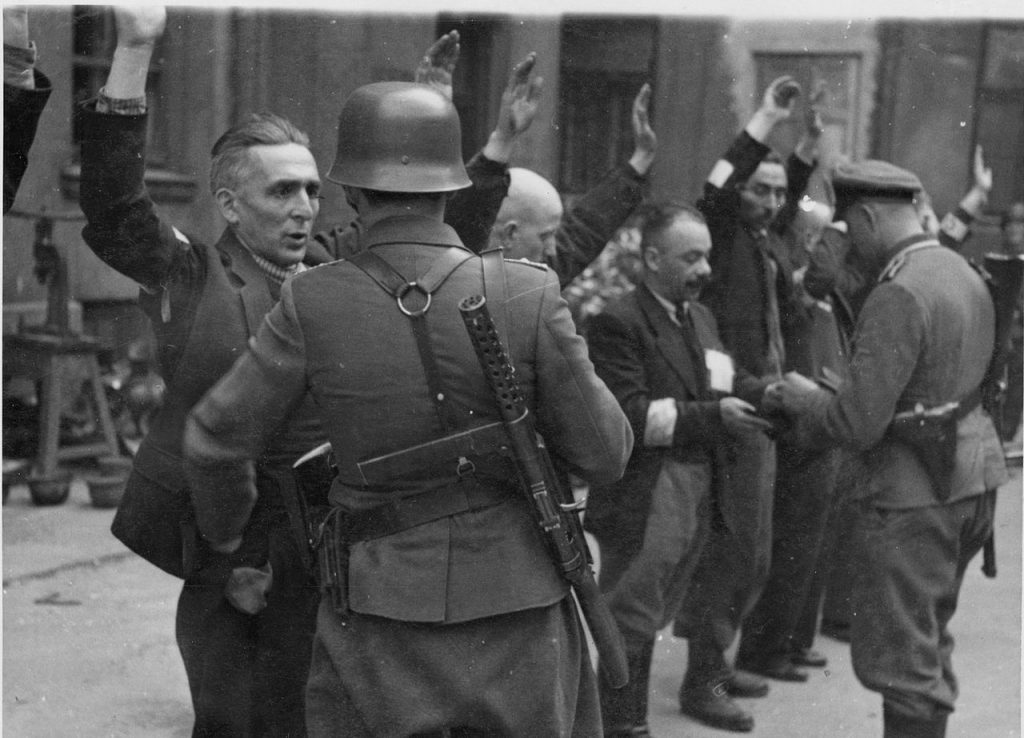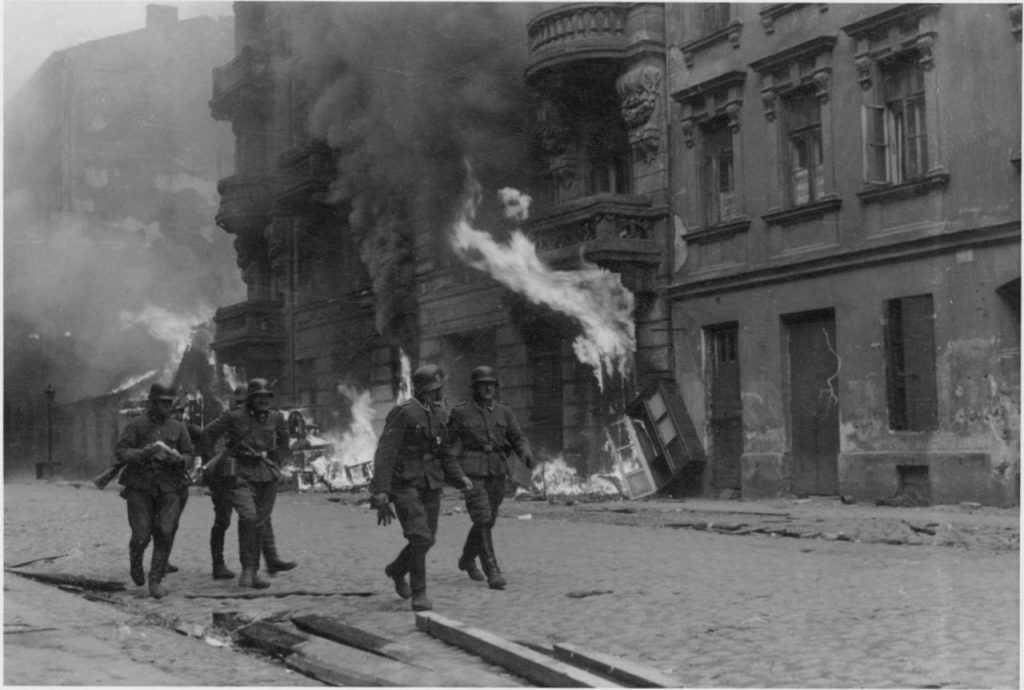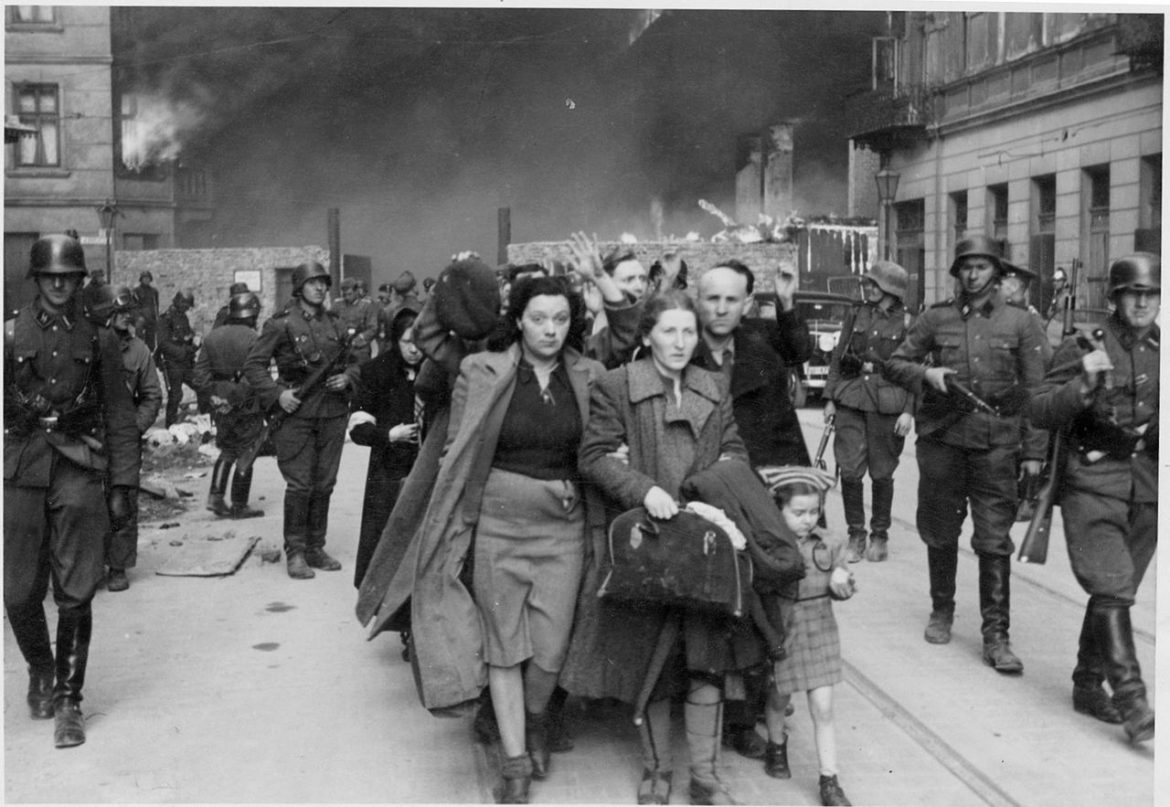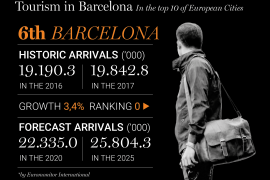[dropcap letter=”T”]
he current year, Poland celebrates the centenary of independence, in 1918, as well as the seventy-fifth anniversary of the revolt of the Warsaw Ghetto, in 1943. Twenty-five years between the two dates, a quarter of a century without which it is not only impossible to understand today’s Poland: neither today’s Europe can be understood. On October 7th, 1918, the Polish Regency Council declared the country’s independence. The borders of the new Poland took, however, a few years to be consolidated. Because of the conflict in Upper Silesia but, above all, because of the war with Soviet Russia (1919-1921), resolved by the Riga Treaty, which restored the former Polish Eastern border. Thus, the recovery of sovereignty and consolidation of the territory meant the termination of almost one hundred and fifty years of Poland’s division, that had been perpetrated by Russia and Europe’s central empires: Austria and Prussia. A century and a half plagued by unsuccessful revolts -in particular, those of 1794, 1830 and 1863-, which failed to extinguish the feeling of belonging of the Polish, from one corner to the other of the nation.

On April 19th, 1943, bursts the revolt of the Warsaw Ghetto, a perimeter closed by a wall, where the Germans confined the Jews of Warsaw -450,000 people- for their progressive shipment to the extermination camp of Treblinka. Reduced the initial population of Ghetto by 80%, the last inhabitants were organized, and confronted the Germans. It was a desperate action, condemned to failure; a demonstration of protest against such an inhumane treatment, which was brutally crushed.
At the beginning of the Great War, in 1914, many Poles understood that the confrontation between Russia and the central empires was an opportunity to regain Poland’s independence. Some of them argued that the right thing to do was supporting Russia, it is the case of the interesting poet and playwright Tadeusz Miciński; a firm advocate of Pan-Slavism, who, in the 1911 title The Chernobyl Oaks, evokes the Polish revolt of 1863 and declares himself a supporter of a spiritual alliance between Poles and Russians. Others, however, thought that independence would only be obtained by forming troops that would free the country from the collapse of both Russia and the central empires -as, in fact, it did happen. It is the case of the painter and architect Stanisław Witkiewicz.
The reestablishment of independence and the development of a modern state, with a variety of minorities and confessions under the guidance of the creator of success, the first Marshal of Poland and President of the Republican Jozef Piłsudski (1867-1935), gave way to a bonanza stage for the Jewish communities, which, under the protection of the marshal, began a process of integration into Polish society.
 During World War II much of the Polish elite, including Jews -“since the Jews were also Polish”, reminds the poet Adam Zagajewski- was murdered by the Germans or by the Soviets. The terrible experience of the last war brings the issue of Adorno’s critique on the possible meaning of poetry after Auschwitz, and unveils the project of thinkers such as Miciński, about a possible understanding between the Polish and Russian on the basis of a common Gospel. The 20th century has been the century of mechanization, ideologies and massive intellectual and physical annihilation; the century that guides the conscience of Europeans towards a more cynical and materialistic thought; the century, in short, of mediocrity’s triumph. That is why those two dates, that Poland commemorates this year, seem to collide resoundingly. True, if we move to 1918, the ideals of those men, heirs of the 19th century, sound irreconcilable with the overwhelming experience of World War II.
During World War II much of the Polish elite, including Jews -“since the Jews were also Polish”, reminds the poet Adam Zagajewski- was murdered by the Germans or by the Soviets. The terrible experience of the last war brings the issue of Adorno’s critique on the possible meaning of poetry after Auschwitz, and unveils the project of thinkers such as Miciński, about a possible understanding between the Polish and Russian on the basis of a common Gospel. The 20th century has been the century of mechanization, ideologies and massive intellectual and physical annihilation; the century that guides the conscience of Europeans towards a more cynical and materialistic thought; the century, in short, of mediocrity’s triumph. That is why those two dates, that Poland commemorates this year, seem to collide resoundingly. True, if we move to 1918, the ideals of those men, heirs of the 19th century, sound irreconcilable with the overwhelming experience of World War II.
The Gorbachev and Kohl project of a “European common house”, in the form of a union of states with a privileged relationship with Russia, is not going today through the best moment and the most recent members of the European Union are, precisely, the most suspiciously sensitive towards euro skepticism, in the eyes of societies of Western Europe. However, the Czech historian Jan Klima maintains in a recent interview that “the European Union is concerned about these countries, because it does not know them; actually, these countries are the most interested in the EU to work”. And he emphasizes: “the changes in the balance of power are forming a world-order that finds correlation in the stories that each country will later consider as national, but which, after all, are the product of logics that escape its control”. Indeed, much of the problems of the European Union are due to mutual unfamiliarity among its members, rooted, as well as, in vacuous attempts to explain facts through unattainable local discourses. The double anniversary that this year Poland commemorates is a good opportunity to reflect on the possibility –or, rather, the need! – to reach, nonetheless, an understanding.





















